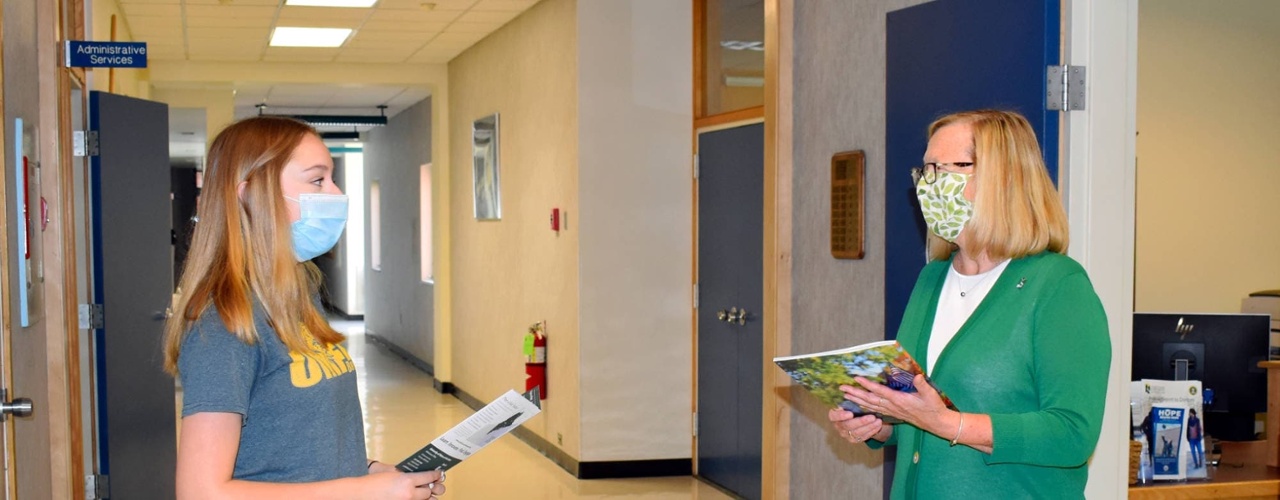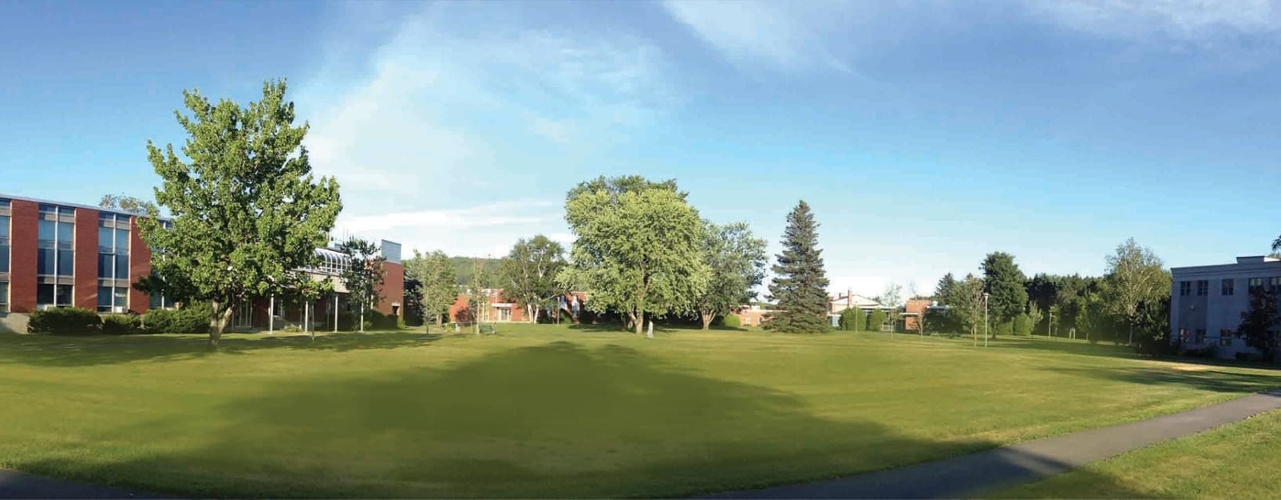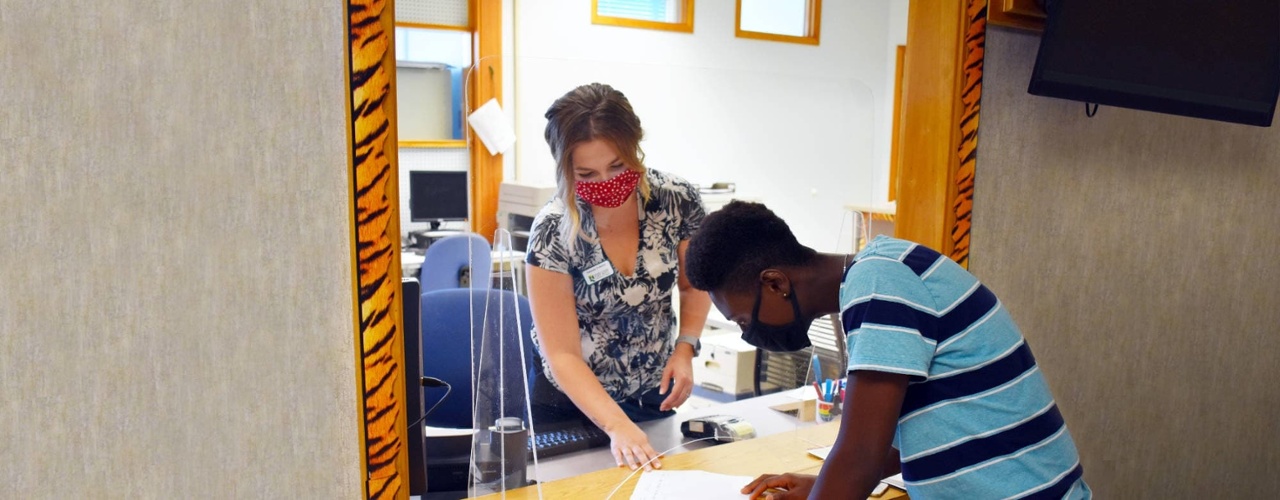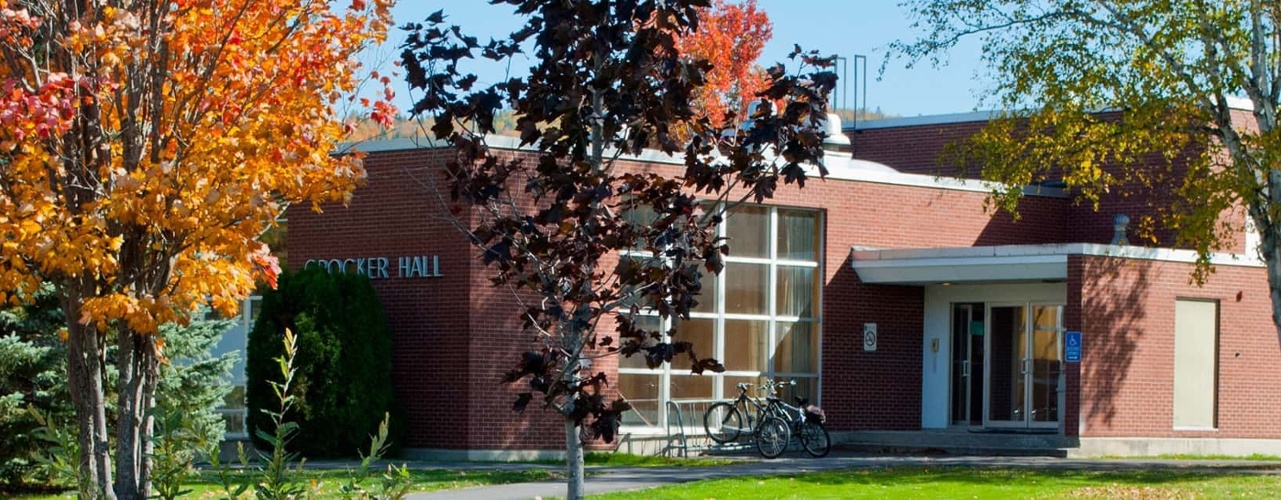
Latest News
UMFK to use grant to tap into cybersecurity lab
October 8, 2014
Note: this is an archived news release. As such, the information provided may no longer apply.
NR14076
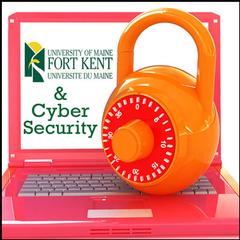
In early September, the University of Maine at Fort Kent and the University of Southern Maine learned they had won a $300,461.00 grant to open up a virtual lab that campuses across the state will use to simulate attacks by hackers and test defense strategies to thwart those attacks.
The lab will create a secure virtual space where students and researchers will observe and interact with computer viruses, hacks and other virtual pitfalls without running the danger of harming systems in the broader virtual world. UMFK Professor of Computer Science Raymond Albert, who is also the information security/computer applications program coordinator, said, “It's very similar to what you might think of with the CDC (Centers for Disease Control) or the WHO (World Health Organization) and their work with human viruses. We don't want anything in our work to get outside and nothing to get inside.”
Albert said the university will maintain tight security on the connections between the remote sites that will link into the virtual lab. “We'll be able to launch some pretty directed simulated attacks in this system,” said Albert. “Because we are going to a have a very tightly controlled collection of connections between these sites, think of it as a protected playground.”
The “playground” still needs work before it is ready for students, but the growth of the cybersecurity industry has created a wide range of opportunities that are driving demand for the program. “We are beginning the process now of establishing a timeline and specific milestones. It's about engaging students at campuses across the University of Maine System,” said Albert.
USM, UMFK, and the York County Community College (YCCC) proposed the two-year project to pilot and evaluate the feasibility of implementing the learning lab for collaborative virtual cybersecurity simulations in an environment that provides Maine students in different locations the opportunity to gain practical collaborative experience in preventing and mitigating cyber attacks in real time.
Because UMFK is the only University of Maine System campus currently offering cybersecurity degree programs, the virtual lab will become an essential component of the learning process. The university is working with University of Southern Maine (USM), University of Maine Augusta (UMA), Orono's University of Maine (UM) and others to develop a system-wide collaborative online degree program.
USM recently opened their cybersecurity lab, which other campuses across the state will use in an innovative fashion. Albert said the program could affect how universities in other parts of the nation approach cybersecurity education. “We are really trying to establish a model for the rest of the country for geographically disbursed cybersecurity labs.”
UMFK is leading the way in the endeavor. “UMFK was the first institution in Maine – private, public, you name it - to establish cybersecurity degree programs, and we have them both at the associate and baccalaureate degree level,” Albert said.
The grant is set for a two-year span. Glenn Wilson at USM is the principal investigator. Albert is a co-investigator.
Persons with degrees in cybersecurity can find jobs in a variety of areas, such as security analyst, security engineer, security architect, security administrator, security software developer, cryptographer, consulting and other fields.
